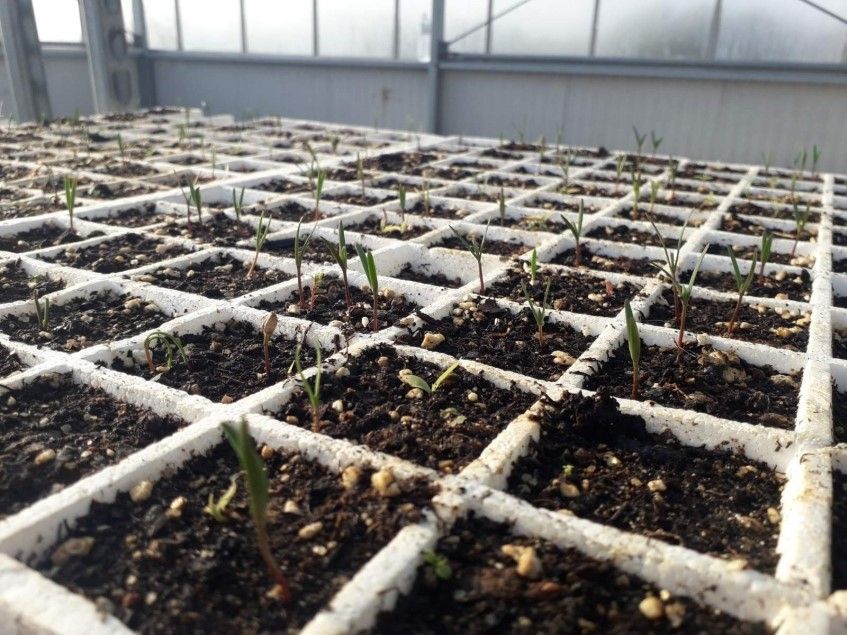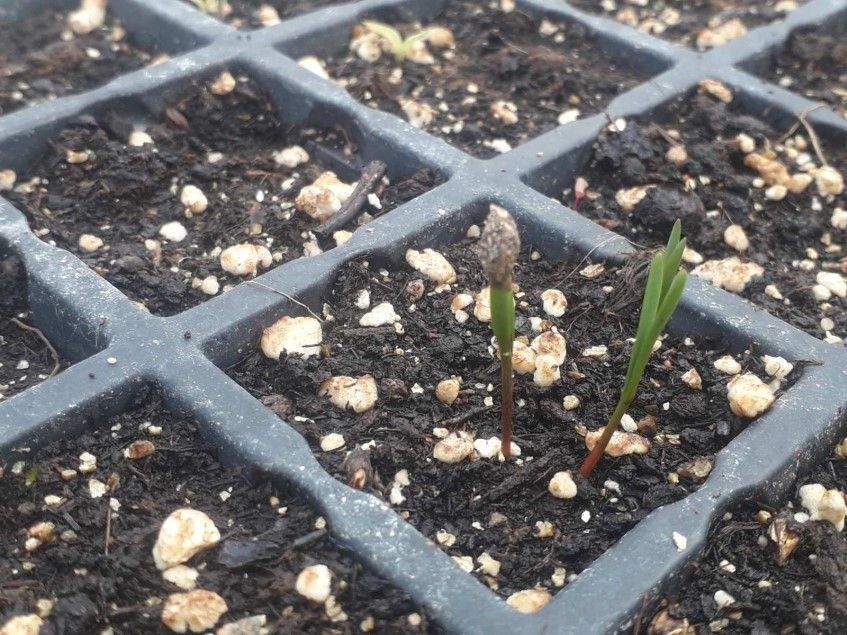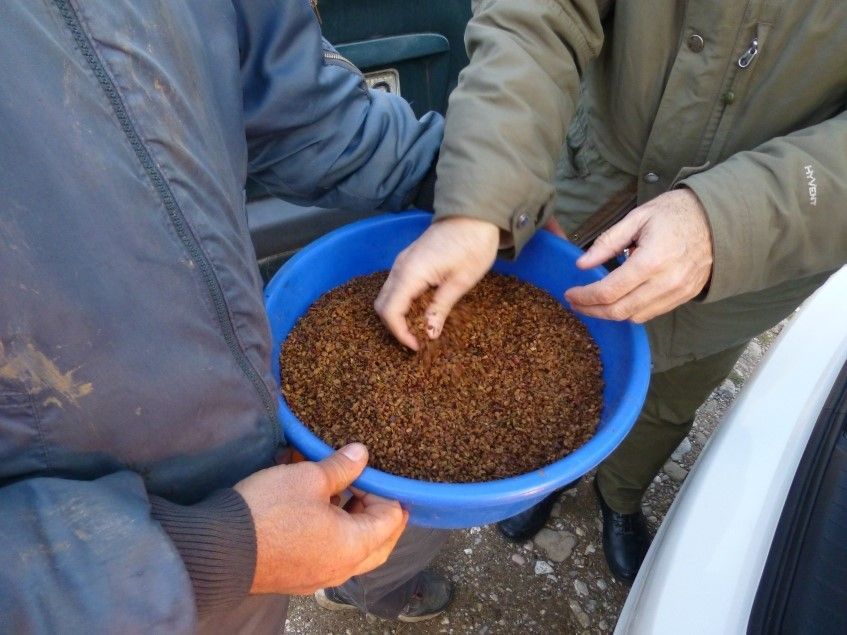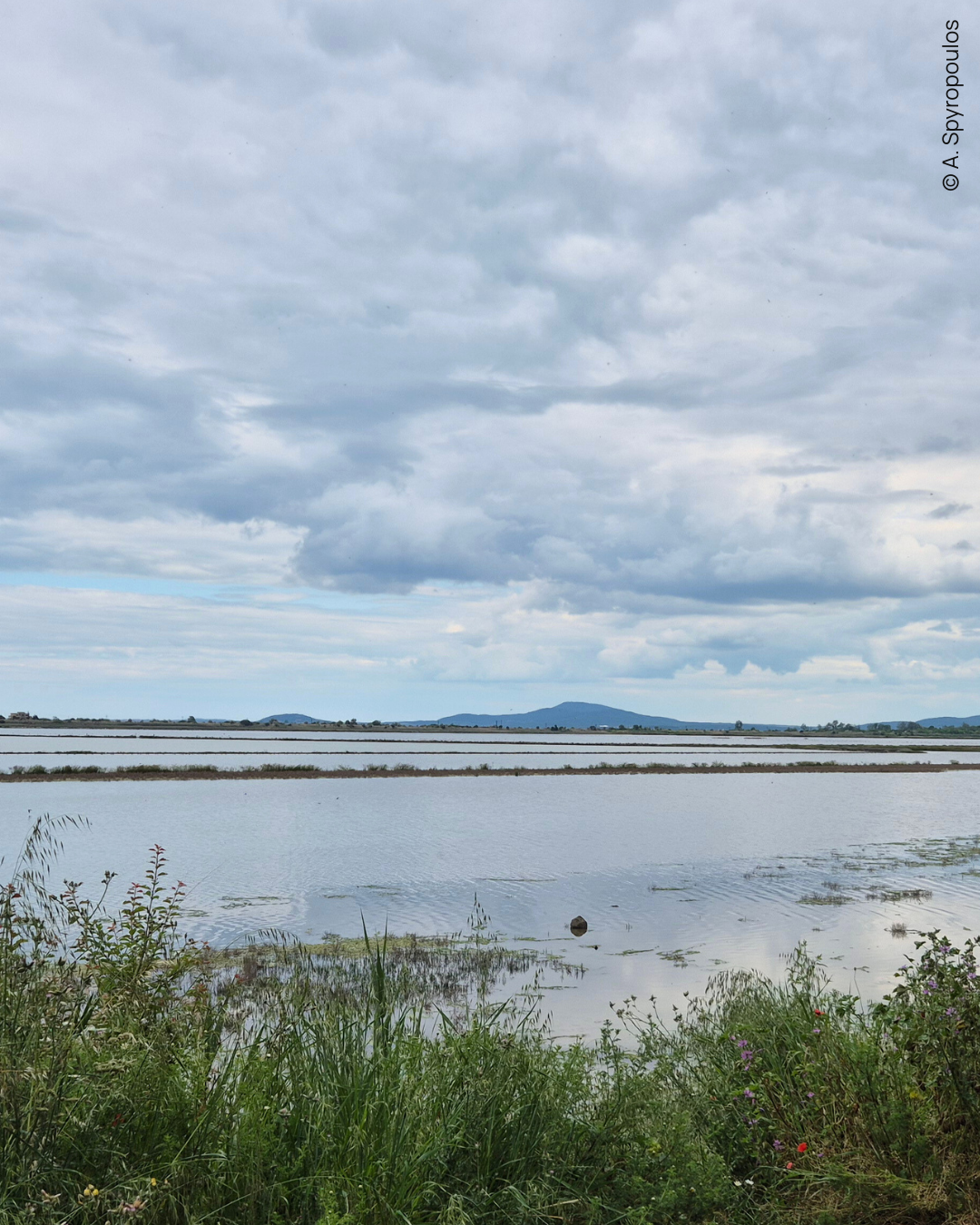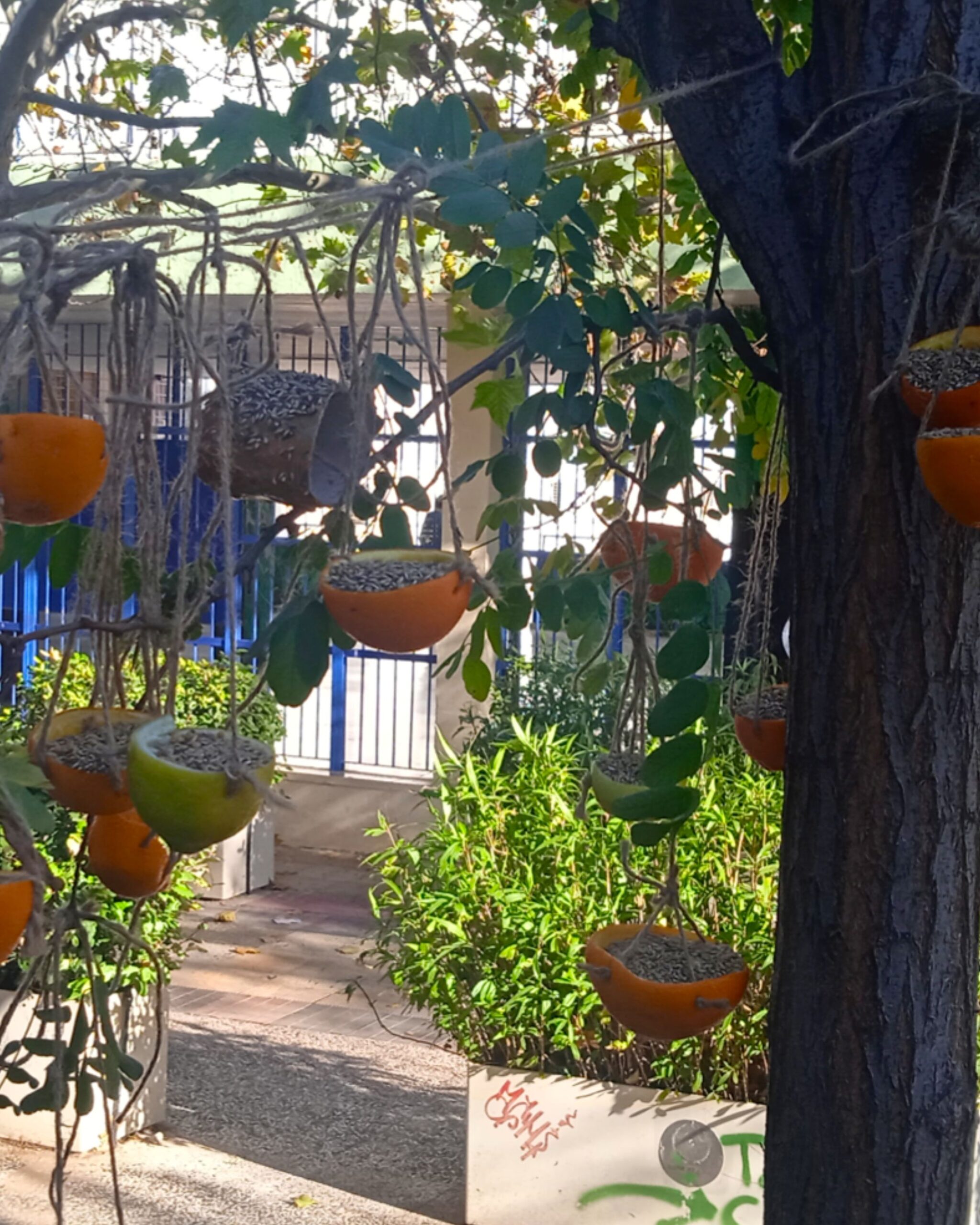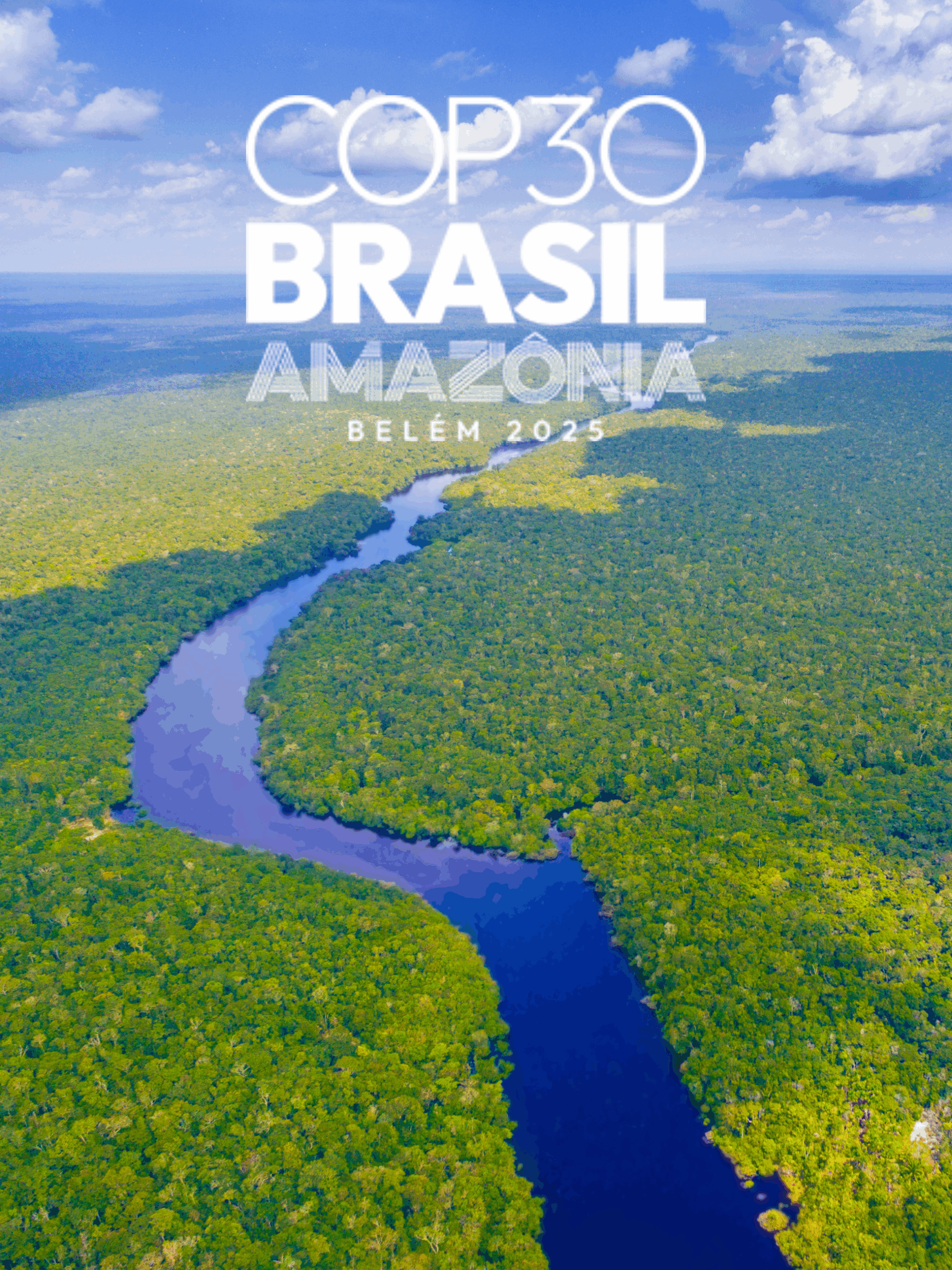April 22nd is World Earth Day, which this year we celebrated under unprecedented circumstances with great pressure on public health and society, while the planet is facing an ongoing ecological crisis.
And yet, these days we received good news from Kythera, a remote island along the lifeline ferry route. There, the Hellenic Society for the Protection of Nature in collaboration with the Institute of Mediterranean Forest Ecosystems, are implementing for 2.5 years now an interdisciplinary program for the rehabilitation of the island after the disastrous fires of 2017. One of the program activities, funded by V. Vardinogiannis in memory of Andrew Erselman, is a project for the restoration of the juniper woodland (Phoenician juniper), which is difficult to reproduce following forest-fires.
We were informed a few days ago by the project agronomist, that finally the juniper seeds germinated!
One and a half years ago our volunteers collected 63 kilos of cones (“berries”) from junipers that survived the Kythera wildfires. This was followed by the hard work of extracting the seeds from the cones, a laborious process that involves immersion in water, rubbing, and drying. Afterwards, the seeds are pre-treated in a refrigerator (“wet-cold stratification”) in order to stop their lethargy. Finally, sowing in the nursery is done with specific procedures and conditions according to the Sperm Germination Lab of the Institute.
A few days ago, after a year and a half of hard work and anticipation, the first little junipers have appeared!
It is estimated that it takes about 20 months before the seedlings get to the appropriate size in order to be transplanted into their final destination, the burned area at Kalami on the west coast of Kythera.
World Earth day reminds us all that we are an organic part of the planet. We continue our efforts, man and nature together, towards an harmonious coexistence.





